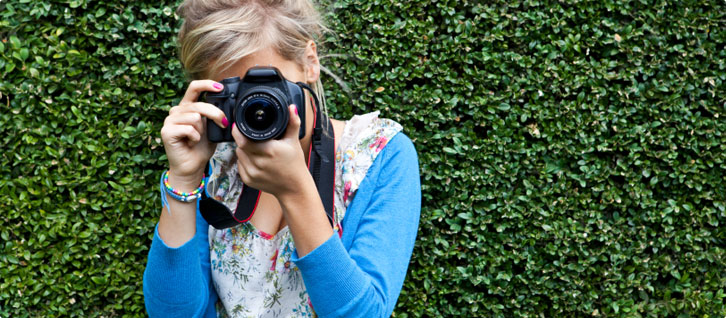At their core, eating disorders are all about obsession. Your illness is the voice that never quiets, whispering incessantly about the size of your thighs, the pounds you still think you need to lose, and most of all, food. It whispers about the food you “can’t” eat, the food that’s “safe,” the calories, carbs and grams of fat in every morsel that enters your mouth.
Content warning: This article discusses disordered eating behaviors in frank terms. Reader discretion is advised.
Food stops being sustenance: it is so exalted yet so loathed, so yearned for yet so feared, that it becomes the central aspect of your life whether you’re avoiding it, bingeing on it, purging it or meticulously calculating its nutritional content.
Even after you’ve “recovered” from your eating disorder in that you no longer employ your most obviously unhealthy behaviors and therefore no longer meet the diagnostic criteria for your illness, it is vital to examine and recalibrate your entire mindset toward food and body image in order to avoid relapse and live your life to the fullest. This means letting go of your fixation with food. Kelsey Miller’s Refinery29 article summed it up pretty well: “One of the primary goals of intuitive eating—of all non-dieting and recovery methods, really—is food neutrality. Food is neither enemy nor best friend. It’s neither the worst nor the greatest part of your day. It’s meant to fuel you and to be enjoyed—not avoided or worshipped.”
Recovery communities on social media platforms like Instagram or Tumblr can be very helpful sources of support and encouragement, as described in Buzzfeed’s article and as I have noticed myself while moderating a recovery-centered Tumblr blog. It can be incredibly validating to share your thoughts, feelings and struggles with people who have gone through similar experiences and understand what you’re going through.
The danger of recovery communities, however, is the tendency to compare progress and inadvertently trigger relapses and encourage food obsessions. Don’t get me wrong: recovery communities on social media are a wonderful resource and a huge improvement compared to other eating disorder-related Internet forums that directly encourage unhealthy and even deadly behaviors (cough cough, every “pro-ana” blog ever). But when you gather a big group of people struggling with disordered eating and enable them to share and compare food intake regimens (and, more often than not, body progress photos), trouble is bound to arise. Am I eating more than she did? Is her diet healthier than mine? Why does her food look so much better than mine?
Documenting every bite you eat and constantly drooling over everyone else’s food porn is just another form of food obsession. It’s far better, of course, than actively engaging in dangerous behaviors, but it is a definite roadblock to complete recovery.
“When the eating disorder leaves, there will be a gaping space where it once was. You will not know what to do with this. You will first try to fill it with Recovery. Then you may try other things: A relapse. An obsession with fitness. A boy. A girl. Constant reminiscing on your illness. You will wonder what on earth you filled this space with before getting sick,” reflected Sarah, a Tumblr user who is in recovery from an eating disorder.
In other words, it is understandable that people are turning to food porn to fill the void that their eating disorder has left in them. But the truth is that there is so much more to life than food, and it’s important not to let a fixation with food stop you from enjoying the many other aspects of being a person in this world. You should learn to enjoy your meals without receiving encouragement in the form of likes and comments. You should be able to eat lunch with your friends even when the lighting isn’t good and the food isn’t pretty. Recovery means moving on from your illness, and the danger of food porn is that it can be a way to stay imprisoned by the obsession that has already consumed you for so long. Food is just food: meant to be eaten for pleasure and nourishment, not deified or vilified.
A version of this piece originally appeared on Proud2Bme.org, NEDA’s website for teens and young adults.





